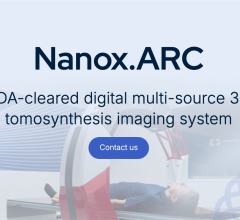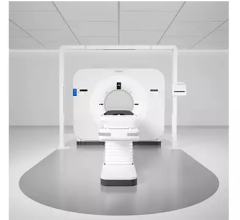September 20, 2010 – A newly signed agreement may lead to an automated way to more accurately evaluate a tumor's response to various treatment therapies.
Imaging Biometrics LLC (IB), a provider of advanced visualization and analytical software solutions for the medical industry, signed an exclusive global license agreement with the University of Pennsylvania that grants IB the right to develop and commercialize the technology. Developed by professor Jay Udupa, Ph.D., University of Pennsylvania School of Medicine, the technology “standardizes” images on a voxel-by-voxel basis, which is a necessary step when wanting to accurately compare images over time.
Essentially, the technology may make it unnecessary for the radiologist to perform time-consuming manipulations that make the image brightness levels more similar across time. When automated, this technique may reliably remove subjective and intra- and inter-scanner variability when monitoring patients with tumors.
The introduction of this technology is quite timely since the conventional approach for tracking changes in tumors over time is becoming more challenging, due to the introduction of new treatments that target the tumor vessels. As the use of these anti-angiogenic agents increases, so does the difficulty in identifying subtle changes in tumor progression. This is because these drugs may also make the uptake of the MRI dye more difficult to see in tumors. By leveraging this technology, IB’s approach, called the delta T1 method (dTM), will make it faster and easier for clinicians to distinguish changes and, therefore, enable better decision making and more precise treatment planning for their patients.
The technology will be incorporated into several IB-branded products, including IB Suite; an image analysis toolkit currently under development.


 April 21, 2025
April 21, 2025 








